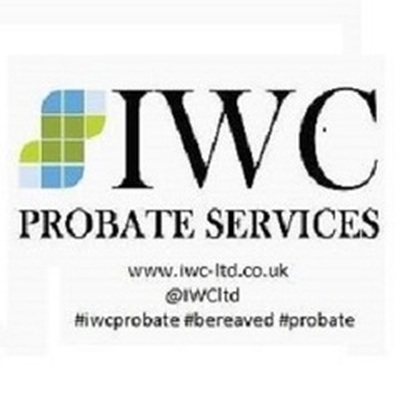-
 Find in Members
Find in Members Find in Videos
Find in Videos Find in Channels
Find in Channels
This website uses cookies to ensure you get the best experience on our website.
To learn more about our privacy policy Click herePrivacy Preference
- Tags - #inheritance tax planning trusts
-
- Last updated April 12, 2023 0 comments, 77 views, 0 likes
- Airport House, Purley Way, Croydon CR0 0XZ, UK - Get Directions
More from Peter John
More in Politics
Related Blogs
Archives
What Exactly Is An Estate Tax Preparation Trust?
Body
To help you control what will happen to your assets after your death, you can create a trust. This is a crucial consideration when figuring out your estate plan and how to prevent paying inheritance tax.
A trust is a helpful instrument for asset protection and to give you flexibility in how you handle your finances, in addition to assisting in lowering the inheritance tax you and your beneficiaries will pay. Nevertheless, it is wise to seek counsel before creating a trust.
How do trusts for arranging inheritance taxes operate?
The settlor is the individual who creates a trust. The settlor will choose trustees, who will retain the legal title to the asset and oversee the trust on the beneficiaries' behalf.
During their lifetime, settlors frequently serve as trustees. A trust deed will detail the entire plan. You could, for instance, create a trust to cover a grandchild's college expenses or the lifetime support of a handicapped relative up to a certain age.
Why is less inheritance tax charged on property held in trust?
The assets and money in the trust fund are no longer regarded as belonging to your estate if you, your spouse, and your minor children are unable to use them for your advantage.
This is so that you are aware that, legally speaking, the assets are now owned by the administrators and beneficiaries and are no longer in your possession.
As long as you survive for more than seven years after creating the trust, this is valid. You pay the entire amount of IHT at 40% if you pass away within seven years of establishing the trust. More and more individuals are considering creating inheritance tax planning trusts to reduce or eliminate inheritance taxes.
In order to create a trust that will shield the recipient from inheritance tax, assets from an estate can be transferred to the trust.
Photos
Map
-
Locations on MyWorldGo
Location Information
- Location: Airport House, Purley Way, Croydon CR0 0XZ, UK - Get Directions
- Formatted Address: Airport House, 265 Purley Way, Croydon CR0 0XZ, UK
- Street Address: 265,Purley Way,Croydon
- City: Greater London
- Zipcode: CR0 0XZ
- State: England
- Country: United Kingdom










Comments